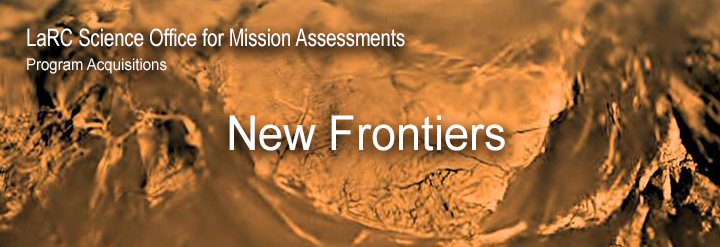
New Frontiers Announcement of Opportunity.
The New Frontiers Program is a science program of medium-sized spacecraft missions that performs high-quality Principal Investigator (PI)-led focused scientific investigations. Initiated in 2003, the New Frontiers Program was defined to pursue planetary missions of moderate scope and high scientific priority and value. The program emphasizes competed and peer-reviewed missions that can be accomplished under the leadership of the scientific research community.
The New Frontiers Program comprises a long-term series of space science missions that are independent and uncoupled, but share a common funding and management structure. Since its inception, the program has successfully launched three missions, one of which successfully studied Pluto (New Horizons), a second mission to study Jupiter (Juno), and a third mission to return samples from the Bennu asteroid (Origins, Spectral Interpretation, Resource Identification, Security, Regolith Explorer (OSIRIS-REx)). The fourth mission to study the surface of Titan is currently under development (Dragonfly).
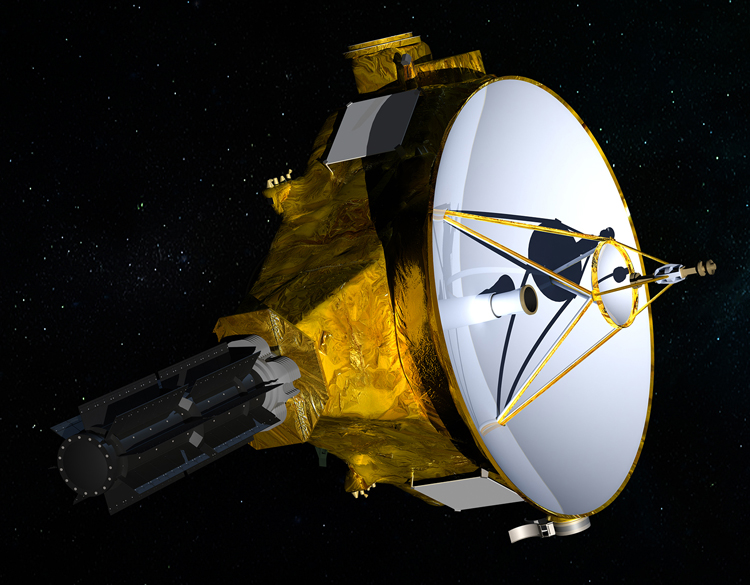 |
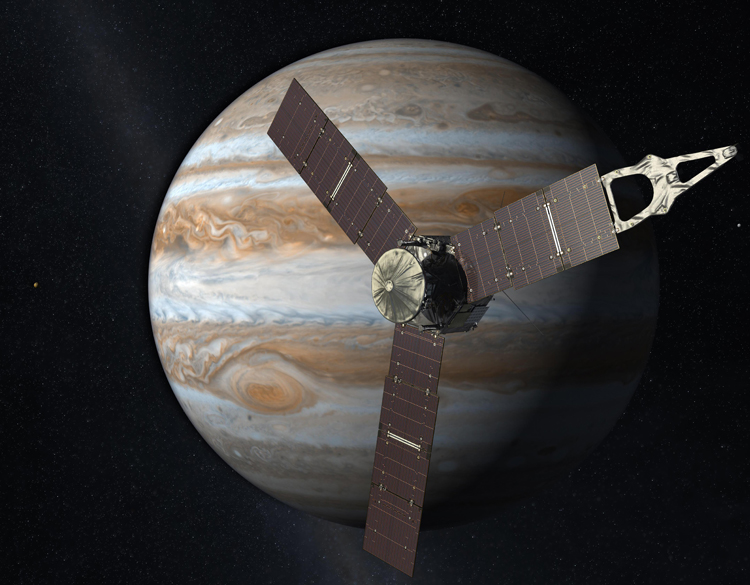 |
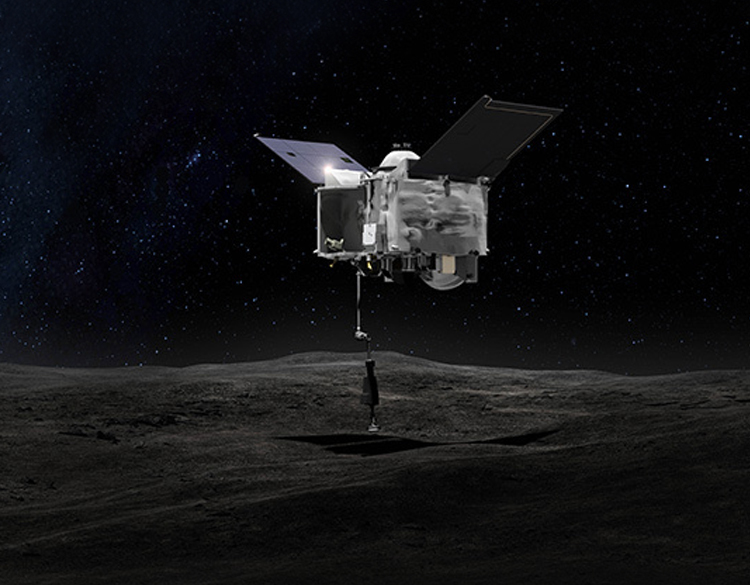 |
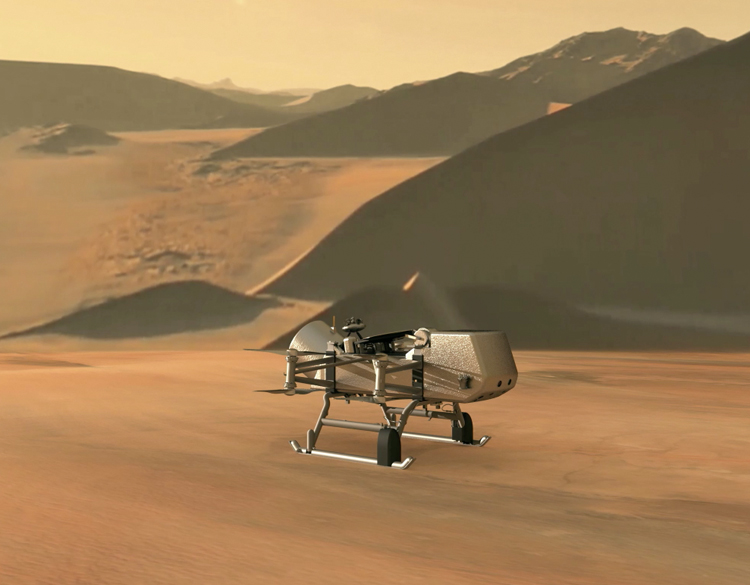 |
